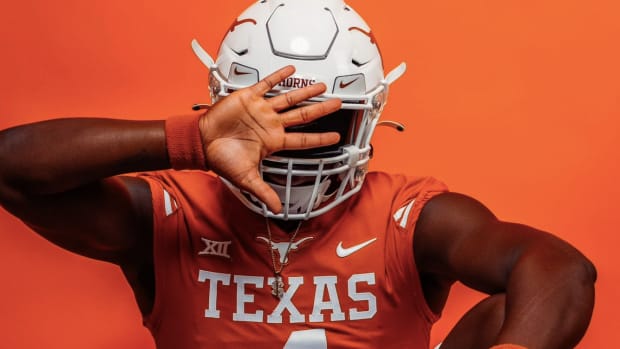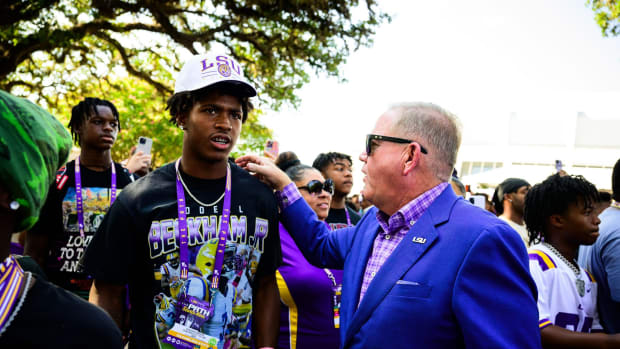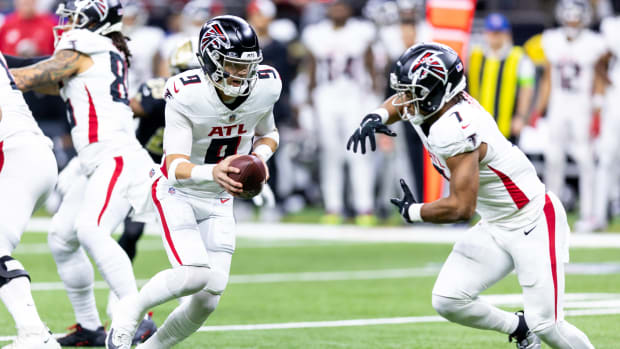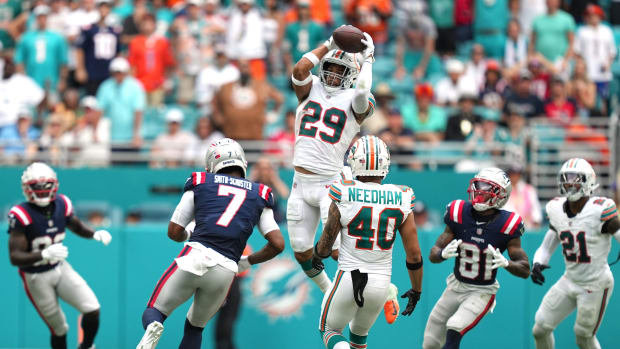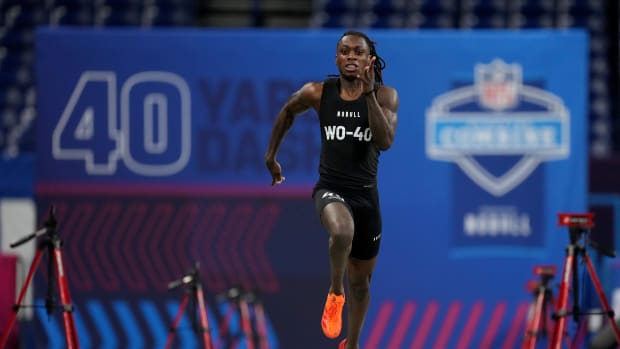NCAA Council Extends Recruiting Dead Period Through End of August
It looks like we aren't going to see in-person recruiting return before the start of the college football season.
The NCAA Division I Council has once again pushed back the end of the recruiting dead period for all sports through Aug. 31.
While teams are adapting to what is quickly becoming the new normal in recruiting, the window to get 2021 players on campus for in-person visits is shrinking smaller and smaller.
Many players like to settle their verbal pledges before starting their senior seasons of football. It will be interesting to see how many of them go ahead and make a decision now that on-campus
Here's the full release from the NCAA:
The Division I Council extended the recruiting dead period in all sports through Aug. 31. The Council met virtually Thursday afternoon.
The full Council and the Council Coordination Committee will continue to review the recruiting dead periods on a regular basis. A dead period precludes all in-person recruiting. Phone calls and correspondence can continue to occur.
Additionally, the Men’s and Women’s Basketball Oversight Committees indicated they are not planning to recommend any changes to the summer access model that was adopted last week, which permits institutions to begin summer countable athletically related activities in basketball beginning July 20 and may include up to eight hours per week of weight training, conditioning and skill instruction, with not more than four hours of skill instruction.
Council members also granted a waiver to modifying the start date for preseason practice in sports other than football. Fall preseasons generally begin a specific number of days prior to the first scheduled regular season contest. The waiver allows teams to count back from the first day contests are allowed, instead of a team’s actual scheduled first contest.
The waiver allows some flexibility for additional acclimatization for fall sport student-athletes who missed out on spring participation opportunities and accounts for schedule changes due to the COVID-19 pandemic.
